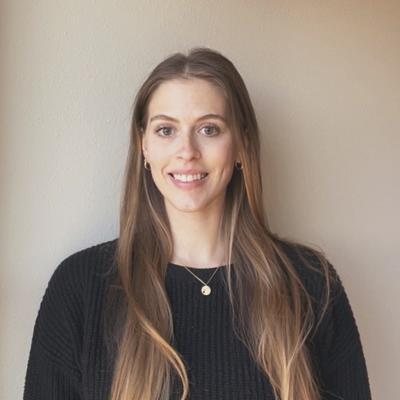Advancing environmental health decision-making with data science
EDS Seminar Speaker Series. Ellen Considine discusses Advancing environmental health decision-making with data science
Abstract:
To date, the field of environmental health has been primarily focused on characterizing the public health impacts of environmental exposures such as air pollution and temperature. However, beyond studying impacts, there is an increasingly recognized need for designing data-driven policies or strategies to (a) reduce both the overall health burden and health disparities associated with current environmental factors and (b) adapt to emergent threats such as climate change. Meanwhile, diverse and growing data sources, paired with modern data science methods, hold the potential for expanding the types of environmental health science and policy questions that can be answered.
This talk will feature three recent projects which employ novel analytic techniques and a wide range of data sources to tackle a variety of environmental health questions. The first project informs the design of low-cost air quality sensor networks to increase both accuracy and equity of real-time air quality information reported to the public, using a Monte Carlo-based methodology. The second project develops a framework with which reinforcement learning, a branch of AI, can be used to optimize the issuance of heat alerts to protect public health. The third project quantifies the air quality impacts of national-level plastic waste policies, via the mechanism of trash burning at open dump sites, using a combination of spatiotemporal causal inference methods and remotely sensed data.
Speaker Bio:
Ellen Considine is an Assistant Professor of Geography and CIRES Faculty Fellow. She recently finished a PhD in biostatistics at the Harvard T.H. Chan School of Public Health as a National Science Foundation Graduate Research Fellow. Her research focuses on the application of innovative data science methods to address environmental health challenges, both to evaluate the status quo and to design data-driven monitoring and intervention strategies to promote public health and equity. Previously, as an undergraduate at CU Boulder (BS in applied math, minors in geography and economics), Ellen worked in Earth Lab and volunteered for Engineers Without Borders.


